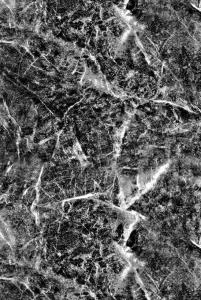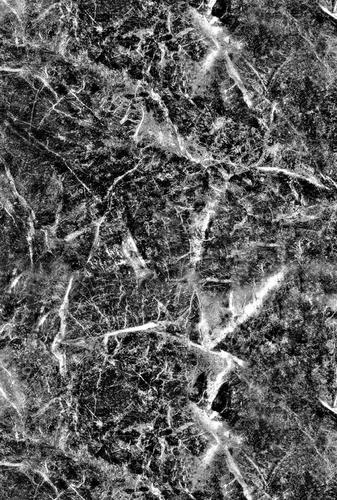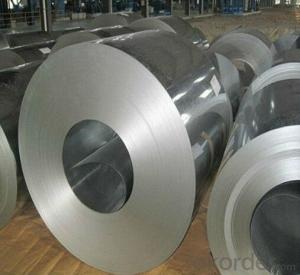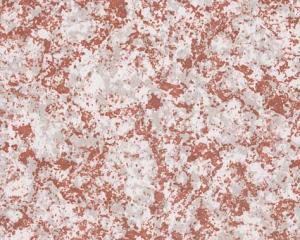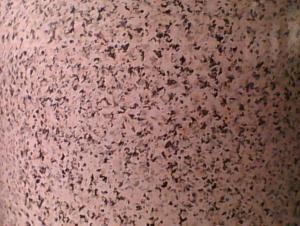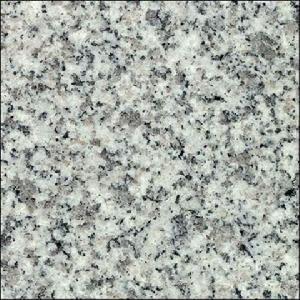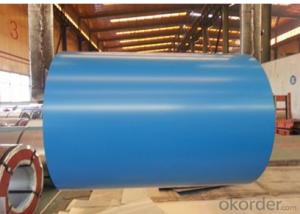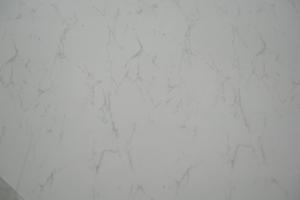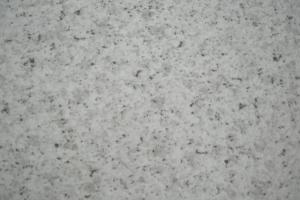Pre-painted Galvanized Steel Coil-EN10169-STONE 9
- Loading Port:
- Shanghai
- Payment Terms:
- TT OR LC
- Min Order Qty:
- -
- Supply Capability:
- 2000吨 m.t./month
OKorder Service Pledge
OKorder Financial Service
You Might Also Like
Pre-painted Galvanized Steel Coils/ PPGI/GI
I Specifications:
1.Thickness:0.16-2.0mm
2.Width:600-1500mm
3.Material: SGCC,SGCD,SECC,SECD,DX51D+Z
4.Zinc coating:40-275G/M2
5.Surface Structure: galvanized ,zero spangle, regular spangle or normal spangle
6.Surface treatment: chromated and oiled, chromated and non-oiled
7.Color:all RAL series
II Main characteristics :
1.strong corrosion resistance
2.surface quality
3.conducive to deep processing,such as the embossed PPGI,printed PPGI&punching PPGI
4.economy and practicality
III Applications:
Household Appliance:
1.Refrigerator shutter &side panels, Washer, Freezers, Air conditions,
2.Rice Cooker, Microwave Ovens, Water Heaters, Sterilization Cabinets, Range Hoods
3.Computer Panels , DVD/DVB panels, TV back panel etc.
Teaching Board: whiteboard, blackboard, green board(chalk board).
Indoor Decoration: Fireproof Door, kitchen cabinet, wall decoration.
Shipping Industries: Ship, Fecht, Marine.
Elevator/Medical Equipment/Rubbish Bin.
Thickness:0.17mm-0.8mm
Width:600mm-1250mm
Prepainted Galvanized Steel Coil
- Q: Well the other day i told my friend that when you put a compass near steel it will screw up and he said only magnets do that then i showed him and it worked then he said: that'ss because steel has its own magnet in it coz it builds up static electricity is that correct what he said? thanks
- no it is not, he made that up steel is a conductor and can't build static electricity. Compass needle is a magnet and as such was attracted to steel .
- Q: What are the common coil width tolerances?
- The common coil width tolerances can vary depending on the specific industry and application, but typical tolerances range from +/- 0.005 inches to +/- 0.025 inches.
- Q: How are steel coils inspected for damage during transportation?
- Steel coils are typically inspected for damage during transportation through visual inspections, where trained personnel carefully examine the coils for any visible signs of dents, scratches, or other forms of physical damage. Additionally, specialized equipment such as ultrasonic testing or magnetic particle inspection may be used to identify any hidden or internal defects in the coils. These inspection methods ensure that any potential damage is detected early on, allowing for prompt repairs or necessary precautions to minimize any further harm.
- Q: How are steel coils made?
- Steel coils are made through a process called hot rolling, where a large slab of steel is heated and passed through a series of rolling mills to gradually reduce its thickness and shape it into a coil.
- Q: How are steel coils inspected for surface finish variations?
- Steel coils are inspected for surface finish variations using visual inspection techniques, such as the use of specialized lighting and magnification to identify any imperfections or inconsistencies on the surface. Additionally, non-destructive testing methods, such as laser scanning or magnetic particle inspection, may be employed to detect any surface defects that are not visible to the naked eye.
- Q: How are steel coils cut into smaller sizes?
- Steel coils are cut into smaller sizes using a machine called a slitting line. This machine employs a set of circular blades that cut through the steel coil, creating narrower strips or sheets of the desired size. The slitting line can adjust the width of the cuts and can also remove any rough edges or burrs.
- Q: i currently have just steel guitar strings, not a fan they need replacing and i was wondering whats the difference between steel and bronze strings and or nickle strings?
- Not all strings have a steel core. There are different substances used for the core on metal guitar strings (not even mentioning nylons), but the market is predominated by a steel core. The tonal properties of what steel strings are wound up by can make a great difference to the overall sound of an instrument. In general, nickel strings are bright but give off well-rounded frequencies and have properties that make them perfect for use with magnetic pickups, such as those used in electric guitars. Bronze-wound strings are a little mellower in timbre but give off more high-low (harmonically rich) frequencies and are favorites on acoustic steel-string guitars. Silk and steel-wound guitar strings are the mellowest sounding and give off more low-mid frequencies than the others. They are generally used for folky types of acoustic playing where little attack is needed. There are others but I won't mention them because you won't find them easily. There are other factors and merits of each type of string like how long they last - Nickel resists corrosion the most; bronze less so; bare steel oxidizes very easily. There is also the way the string is wound to take into account (flat-wound, etc. like the other answerer mentioned).
- Q: I have a tiara and it oxidized and I'm not sure what material it is. I know it it isn't metal so i was wondering if is steel? Also if it's steel, can I do something to clean it?
- Yes - Steel can oxidize, its most commonly called rust Steel is a metal. Depending on the level of oxidation, you might be able to polish it with very fine steel wool. If is is really bad, then you might need a chemical cleaner such as Naval Jelly, which can be found at the hardware store. But the Naval Jelly might discolor the metal, so then you might need to polish it afterward to return its finish.
- Q: I'm in the process of buying a new car, and wondering if there are more benefits from Aluminum tire rims over Steel. Aluminum wheels cost more, but you'd think that steel would last longer. Are Aluminum wheels just for looks?
- If you got money to waste get the aluminum. Practicality is the steel wheels.
- Q: How are steel coils used in the production of structural components?
- Structural components heavily rely on steel coils throughout the production process. These coils, made from rolled steel strips, serve as the essential raw material for manufacturing various components like beams, columns, and trusses. The initial step in utilizing steel coils for structural components involves uncoiling the strip and cutting it into desired lengths. This can be achieved using diverse cutting methods, such as shearing or sawing. Once the coils are cut into appropriate lengths, they undergo further processing to shape them into specific structural components required for a particular project. One prevalent approach to shaping steel coils into structural components is through bending or forming. This necessitates the use of specialized machinery to bend or shape the steel into the desired configuration. For instance, a steel coil can be bent into an I-beam shape, commonly employed as a load-bearing component in buildings and bridges. Another technique employed for shaping steel coils into structural components is welding. This involves joining multiple steel coils together to create larger components. Welding is often employed to fabricate components like columns or trusses, which demand the combination of multiple steel coils to achieve the required strength and structural integrity. Once the steel coils have been shaped and formed into the desired structural components, they may undergo additional processes, including surface treatment or coating, to enhance their durability and resistance to corrosion. This ensures that the components will endure and withstand the demands of their intended applications. In conclusion, steel coils are crucial in manufacturing structural components as they provide the necessary raw material. Through cutting, bending, and welding processes, steel coils are transformed into the specific components needed for various construction projects. These components play a vital role in supporting the structural integrity of buildings, bridges, and other structures.
Send your message to us
Pre-painted Galvanized Steel Coil-EN10169-STONE 9
- Loading Port:
- Shanghai
- Payment Terms:
- TT OR LC
- Min Order Qty:
- -
- Supply Capability:
- 2000吨 m.t./month
OKorder Service Pledge
OKorder Financial Service
Similar products
Hot products
Hot Searches
Related keywords
